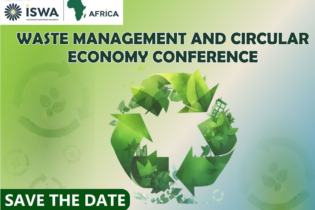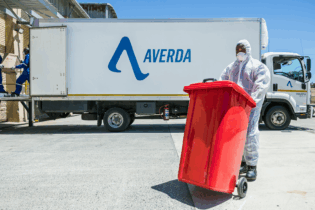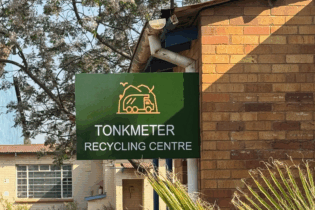The South African government has introduced mandatory blending regulations in a move that would see all motorists in that country using fuel with up to 10% ethanol. This move aligns the country with a number of other states including Brazil, China, Canada and India, among others, that have already introduced that law. Zimbabwean motorists and those in other neighbouring countries travelling to South Africa will not be spared from using the blended fuel.
Gazetted late in August, the energy department announced that “These regulations regulate the mandatory blending of bioethanol or biodiesel with petroleum petrol or petroleum diesel, respectively, to produce a biofuel blend that may be sold in the Republic.” This is in line with government’s drive to diversify the energy sector. The Standard in Zimbabwe reports that the Confederation of Zimbabwe Industries (CZI) has endorsed the call to make it mandatory to blend petrol with ethanol. “CZI, in line with world trends, endorses the introduction of mandatory blending of a minimum of E10 (and discretionary E20) as soon as practically possible with a deadline of December 2012,” the CZI said in a statement. “We fully support the reintroduction of ethanol blends and advocate role players within the petroleum industry to increase the use of ethanol with immediate effect by blending where conveniently possible.” In line with the new South Africa energy regulations, it is understood that the government is negotiating with potential investors to set up its first ethanol plant.Sources said the plant was expected to be completed by 2014 in order to reap the benefits of domestic fuel sources. In Zimbabwe, local industrialists have urged Government to seriously consider mandatory blending, given that the country already has a world-class ethanol plant in Chisumbanje.
The industrialists argue that, through mandatory blending, Government would save money on fuel and electricity imports. However, the plant, owned by Green Fuel has not produced ethanol since February after it turned out 10 million litres. This means that more than 4 000 jobs are on the line If Mugabe’s government does not address the issue of mandatory blending. The country’s department of renewable energy has been sitting on a draft on mandatory blending since 2008. It is alleged that if blending is introduced in Zimbabwe, fuel importation will be a thing of the past and due to this, the government is delaying because top officials are benefiting from these imports. Source: allAfrica.com





